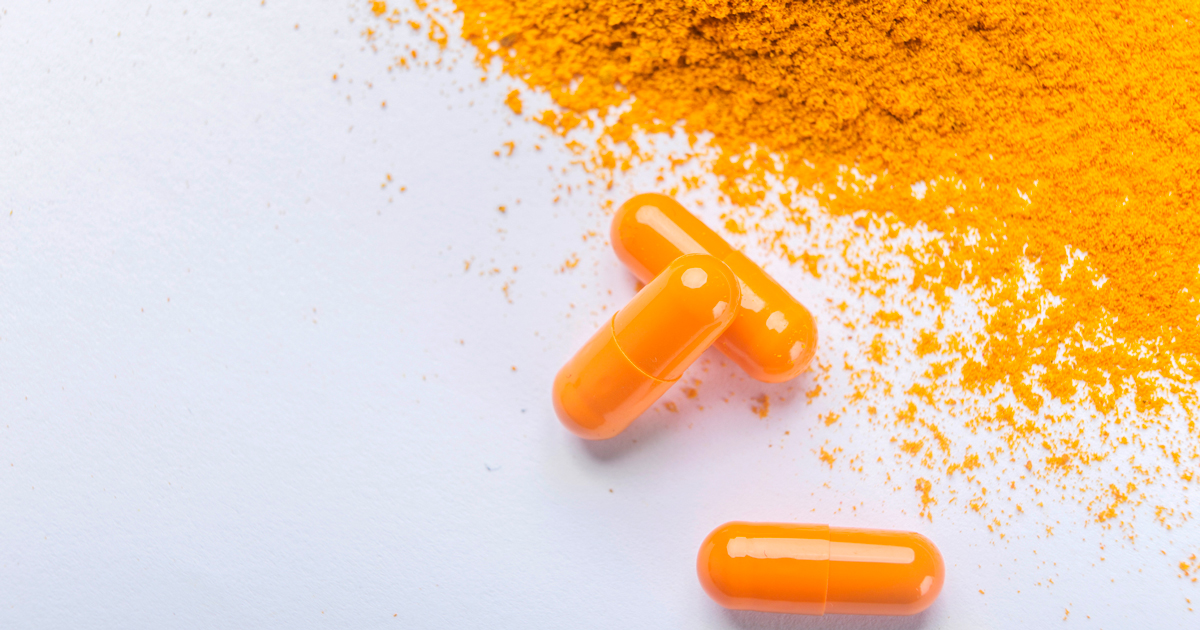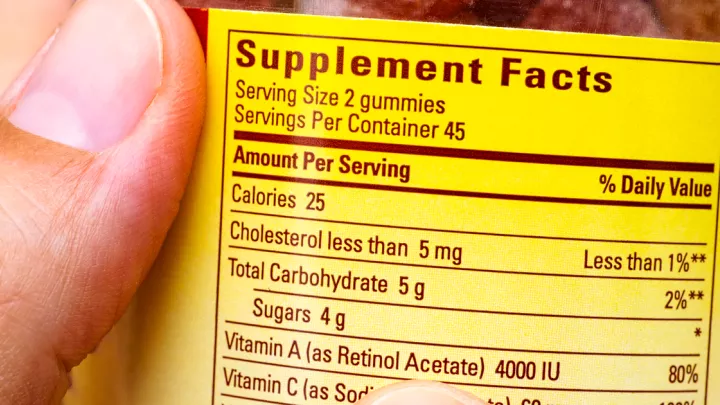Is berberine a safe alternative treatment for diabetes?

The compound berberine, found in certain plants like goldenseal, goldthread, European barberry and tree turmeric, has been grown and used for gastrointestinal issues for centuries in China and the Middle East. More recently, berberine has gained a foothold in the U.S. in powder or capsule form available for purchase online and in health stores.
Berberine supplements have attracted online attention lately, claiming the compound is a viable treatment for high cholesterol or high blood pressure and can reduce glucose levels for those with Type 2 diabetes. Some claim the benefits are comparable to pharmaceutical medications like the blood sugar lowering drug metformin. Others take it further, asserting the research has concluded that berberine is a good treatment option to try before insulin therapy and may offer better results than metformin.
All of these claims seem like good news, right? But are they really?
Berberine studies
While several studies have shown that berberine can improve blood glucose levels, others have not. The doses, length and other essential study variables are so wide-ranging that it's difficult to compare and combine the data. Further, all of them took place in China, so the impact on diverse populations remains unknown.
There has never been a large-scale, randomized (some get a placebo while others get treatment drug) or multicenter clinical trial, which new diabetes drugs need to undergo to obtain FDA approval.
"The rates of diabetes are increasing, and sticking to lifestyle changes like diet and exercise is a challenge," says Leslie Eiland, MD, Nebraska Medicine endocrinologist. "Available treatments are often costly and have potential side effects, so it's not surprising that people are going to look to less costly, 'natural' alternatives that may improve blood sugars without side effects. But 'natural' doesn't equate to 'safe' use. Berberine is considered a food product; therefore, it doesn't go through the normal FDA review, whereas diabetes medications go through extensive, strenuous trials with very close monitoring for potential safety issues."
Because supplements are not FDA regulated for quality control, safety, efficacy or regular monitoring, manufacturers are not required to establish these standards for supplement products. "You may be ingesting something stronger than you realize or other times ingesting a filler with no biologic activity at all," adds Dr. Eiland. "So you never entirely know what you're taking."
Berberine and diabetes
Nearly all pharmaceutical or herbal treatments have potential side effects, so there should always be a discussion with your doctor about the risks and benefits. Because supplements often aren't included on prescription lists, it's crucial for patients to discuss everything they are currently taking to identify potential interactions.
"While I don't think we can discount the findings on berberine completely as it may have the potential for lowering glucose levels, the low quality and lack of rigor make the studies inconclusive," says Dr. Eiland. "I'm not convinced that many of the trials were conducted at a high enough level that they would accurately catch potential side effects. While there does appear to be potential; longer, higher-quality studies are needed in larger, more diverse populations with a standardized product. We need to figure out the safety profile, understand who benefits and learn more about dosing, timing and duration of the treatment."
The bottom line? We simply don't know enough at this point to safely recommend it for those with diabetes or prediabetes. Typical side effects for a healthy individual with no medical conditions may include diarrhea, constipation, gas and upset stomach.
That said, there are serious health risks for certain people. We recommend the following groups avoid berberine in any form:
Women of childbearing age, pregnant or breastfeeding
Berberine can cross the placenta and may cause harm to the fetus. Kernicterus, a type of brain damage, has developed in newborn infants exposed to it. It's unsafe to take berberine if you are breastfeeding, as it can be transferred to the infant through breast milk.
Newborns and children
Do not give berberine to newborns due to kernicterus risk (as mentioned previously) that can occur in newborns who have severe jaundice. The information we have is not enough to know if it's safe in older children.
Those on prescription medication
Berberine can interact with prescription medications and increase or decrease levels of these medicines in the blood due to its effects on specific enzymes in the blood. This is especially true of drugs like metformin metabolized by the liver. There may also be an increased risk of bleeding.
If you have diabetes and are on medications to lower your blood sugar, berberine could further lower blood glucose levels and lead to potential hypoglycemia, which can be dangerous.
"For those dealing with diabetes, remember it's a marathon, not a sprint," says Dr. Eiland. "Diabetes is a chronic disease that often requires more intensive treatment as time goes on. My most successful patients have made slow, sustainable changes to their lifestyle and have consistently taken their prescription medications."







